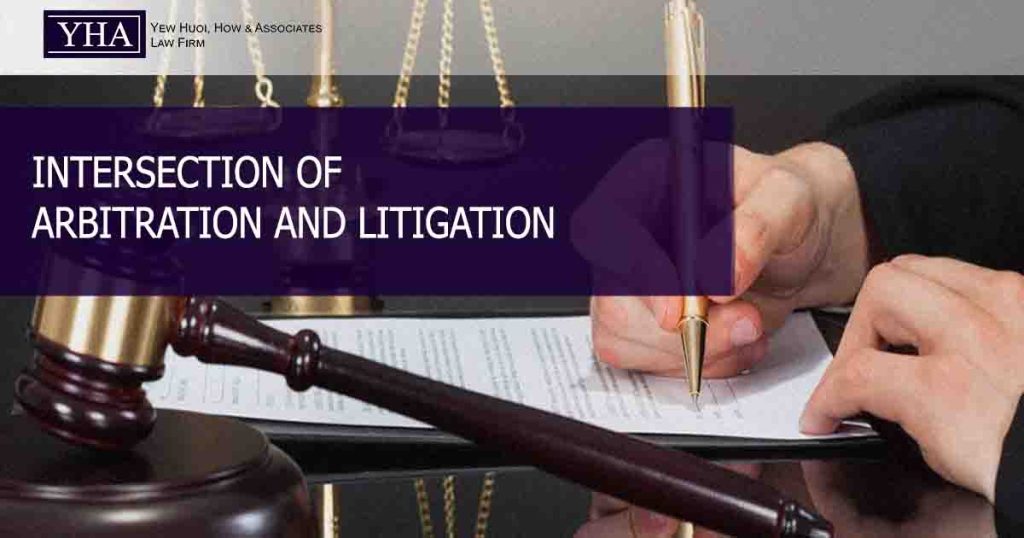1. Illustrative Scenario:
In a recent case, Party X served Party Y with a Writ and Statement of Claim. Subsequently, Y entered a Memorandum of Appearance and, at the first case management hearing, requested an extension of time to file a Defense. Rather than submitting the Defense, Y sought to stay the proceedings under section 10(1) of the Arbitration Act 2005, aiming to refer the dispute to arbitration in line with the contract’s arbitration clause.
2. Legal Issues:
The crux of the issue is whether Party X can object to the stay application, contending that Party Y has estopped from choosing arbitration by seemingly opting for litigation through its actions.
3. Legal Principes & Law:
- Section 10 of the Arbitration Act 2005 mandates a stay in proceedings if there is an agreement to arbitrate, unless the stay applicant has actively participated in the court proceedings or the arbitration agreement is deemed null, void, inoperative, or incapable of being performed.
- Without a clear, unequivocal, and irrevocable intention to abandon arbitration, the court is inclined to favor staying court proceedings to allow arbitration as per the contract’s stipulations.
4. Application to Scenario:
Merely requesting an extension to file a Defense does not constitute taking steps in the legal proceedings sufficient to imply an abandonment of the arbitration agreement. Such a request, particularly when entry of appearance is necessary to avoid a default judgment, should not be interpreted as a definitive move to engage in litigation over arbitration. The absence of further procedural engagement, such as the submission of pleadings by Party Y, supports this view.
5. Reference cases:
- Airbus Helicopters Malaysia Sdn Bhd (formerly known as Eurocopter Malaysia Sdn Bhd) v. Aerial Power Lines Sdn Bhd [2024] 2 MLJ 471
- Ranhill E & C Sdn Bhd v. Tioxide (M) Sdn Bhd and other appeals [2015] MLJU 1873; [2015] 1 LNS 1435
- Dynaciate Engineering Sdn Bhd v. Punj Lloyd Sdn Bhd [2020] MLJU 2388; [2020] 1 LNS 2252
- Dian Kiara Sdn Bhd v. GCH Retail (M) Sdn Bhd [2020] 12 MLJ 570
- Federal Court in Sanwell Corp v. Trans Resources Corp Sdn Bhd & Anor [2002] 2 MLJ 625; [2002] 3 CLJ 213

